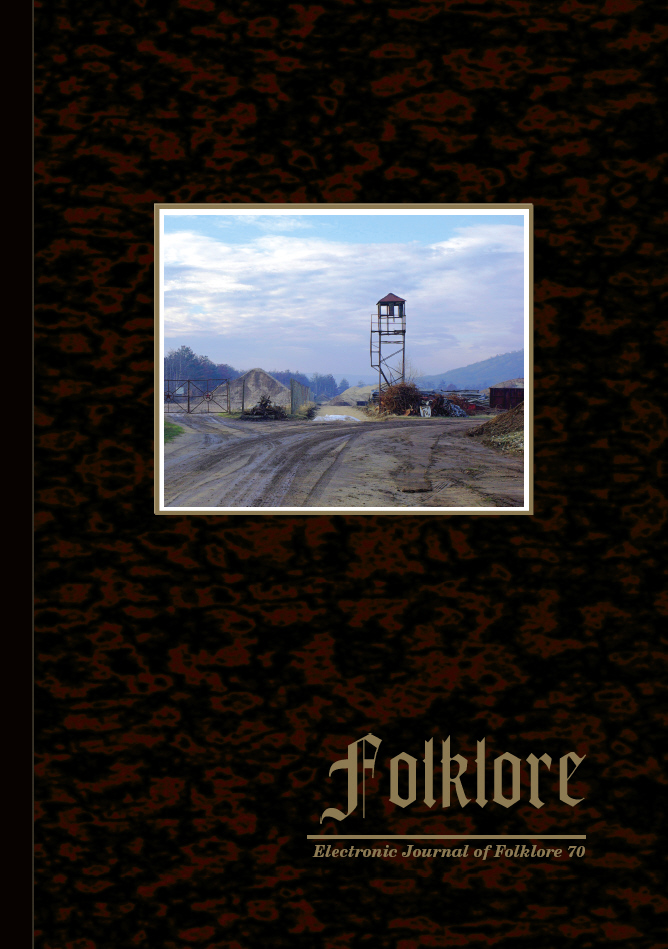After the End of “Little Moscow”: Memories, (Re)Construction, and Appropriation of Space in Wünsdorf
After the End of “Little Moscow”: Memories, (Re)Construction, and Appropriation of Space in Wünsdorf
Author(s): Christoph LorkeSubject(s): Customs / Folklore, Military history, Cultural Anthropology / Ethnology, Culture and social structure , Post-War period (1950 - 1989), Transformation Period (1990 - 2010), History of Communism
Published by: Eesti Kirjandusmuuseum
Keywords: Cold War; German Democratic Republic’s past; German reunification; identity; (contested) memory; military heritage; otherness; space;
Summary/Abstract: This article focuses on the context and lasting consequences of the withdrawal of the Russian troops from the small town of Wünsdorf in East Germany (Brandenburg region) in 1994. The headquarters of the high command of the Soviet forces in Germany had been located in Wünsdorf since 1954. The locals lived in close proximity to the Russians. In the German Democratic Republic, the (limited) real and imagined encounters, interactions, and perceptions of the “other” were highly determined by traditional images, and were most likely influenced by the tabooed official discourse of “occupiers” vs. “friends”. This ambivalent potpourri of different memorial dimensions has strongly shaped negotiations of the past and remembrance of the transition period (1989/1990–1994), as well as of the post-Soviet/Russian phase up to the present. By analyzing individual and collective modes of handling a problematic and highly conflictual military force, as well as the German Democratic Republic’s past, different ways of (re)constructing and appropriating the post-military space become apparent.
Journal: Folklore: Electronic Journal of Folklore
- Issue Year: 2017
- Issue No: 70
- Page Range: 19-50
- Page Count: 32
- Language: English

